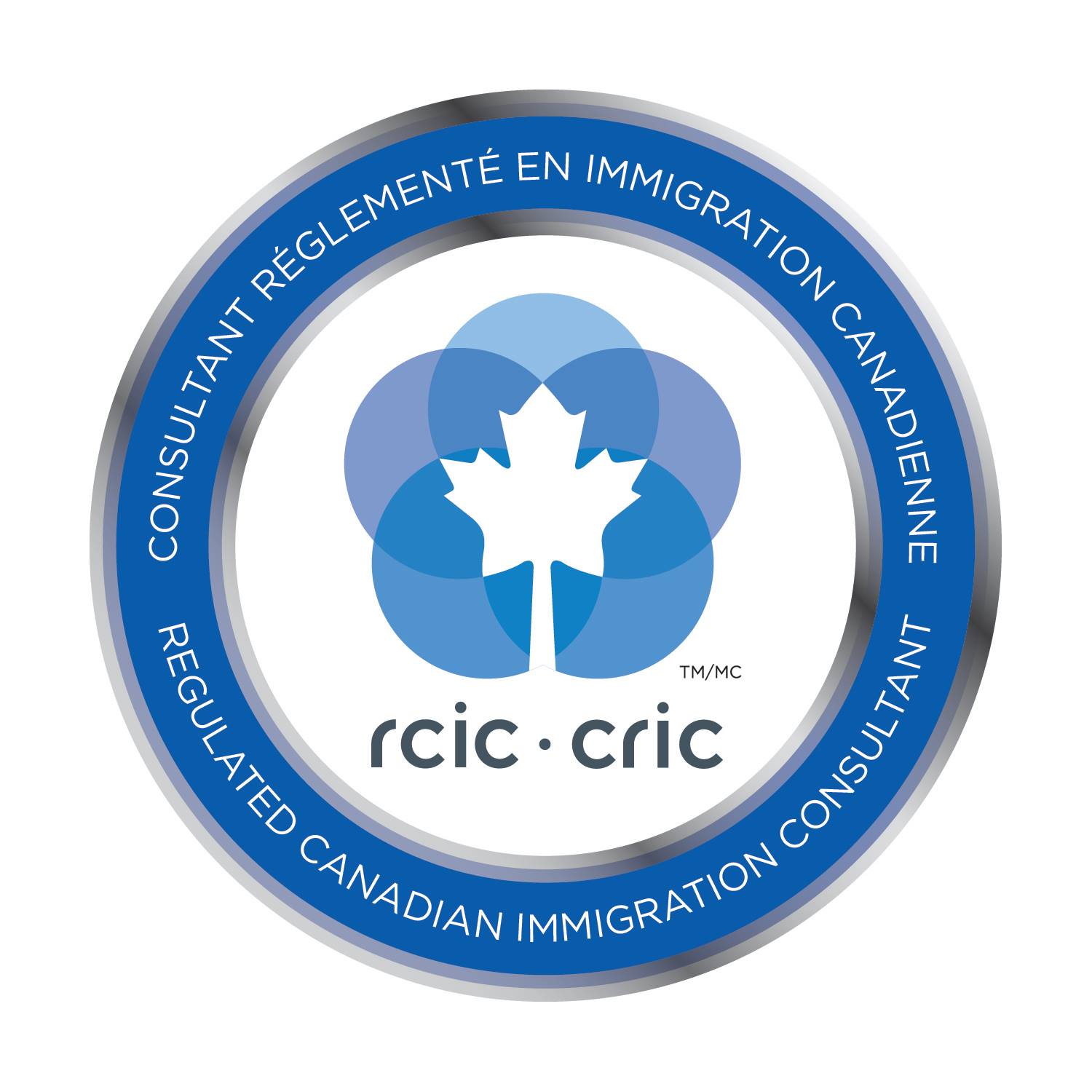|
>Home
|
|
CANADIAN CITIZENSHIP
Permanent Residents may apply for Canadian citizenship if the requirements under the Citizenship Act have been met.
The requirements for applicants are as follows:
- Must comply with the residency requirements (pursuant to section 5 of the Citizenship Act);
- Must demonstrate adequate knowledge of Canada's official languages (either English or French or both);
- Must not be under a probation order, on parole, be incarcerated pursuant to any law of Canada, or charged with an indictable offence under a federal statute or an offence under the Act (whether the offence was committed in the three years preceding the application for citizenship or between the date of the application for citizenship and the day he or she would otherwise be granted citizenship).
Residency
You must have at least three years of residency in Canada within four years immediately preceding the date of application. The rule requires that you are physically present in Canada for 1,095 days in a four year period. Each day that you reside in Canada prior to obtaining permanent residence status will be counted as one half-day.
If you have spent two years in Canada prior to landing, you will be credited with one year of residence. You will then meet the residency requirement after two years of permanent residence in Canada. Time spend in Canada outside of the four years preceding the date that the application is not considered. Thus, an applicant must be a permanent resident for at least two years to meet the residency requirement.
If you do not have the required days of residence, you may be granted citizenship pursuant to section 5(3) of the Citizenship Act, where the Minister of Citizenship exercises her discretion to waive the residency requirement on compassionate grounds.
A citizenship judge will recommend a waiver where there is evidence that the immigrant has established residence in Canada, and has maintained residence in Canada, notwithstanding a physical absence, where the person has settled into or maintained or centralized his or her ordinary mode of living with its accessories in social relations, interests and conveniences in Canada: Re: Papadogiorgakis (1978), 88 D.L.R. (3d) 243 (Fed. T.D.) at 247.
Language
Section 5(1)(d) of the Citizenship Act requires that the citizenship applicant possess an adequate knowledge of one of the official languages of Canada.
The Citizenship Regulations provide that the applicant should be able to comprehend basic spoken statements and questions in past, present and future tenses, and that the person's speaking ability must accurately convey simple information with respect to past, present and future situations. Language ability has been assessed by citizenship officials inconsistently.
The language requirement may be waived if the applicant is over 60 years of age. The Minister in her discretion may waive the language requirement to alleviate special and unusual hardship or to reward services of exceptional value to Canada.
Knowledge of Canada
Section 5(1)(c) of the Citizenship Act sets out the requirement that the applicant must have adequate knowledge of Canada and the responsibilities and privileges of Canadian citizenship. This is done by way of a written test.
Applicants are tested on their knowledge of federal and provincial political systems as well as their knowledge of Canadian history and geography.
Section 15 of the Citizenship Regulations sets out the ambit of the knowledge of Canada applicants are expected to possess, including:
- Knowledge of the democratic process,
- the right to vote in federal, provincial, and municipal elections,
- the right to run for elective office, and
- a general knowledge of the voting procedures relating to elections.
Applicants must be able to answer general questions about the social and cultural history of Canada, the political history and the physical and political geography of Canada. Finally, applicants should have a general knowledge of the rights, responsibilities and privileges of citizenship in addition to voting and the right to run in elections.
Applicants over 60 years of age are not required to undergo testing.
Children
The applications of dependent children may be submitted at the time the parent(s) submit their applications. There is a separate form for minor children (under 18) that must be signed by a parent, guardian or custodian and by a child over 14 years of age. The language and knowledge requirements do not apply to children.
Oath of Citizenship
Successful applicants must take an Oath of Citizenship in order to obtain Canadian citizenship.
|

